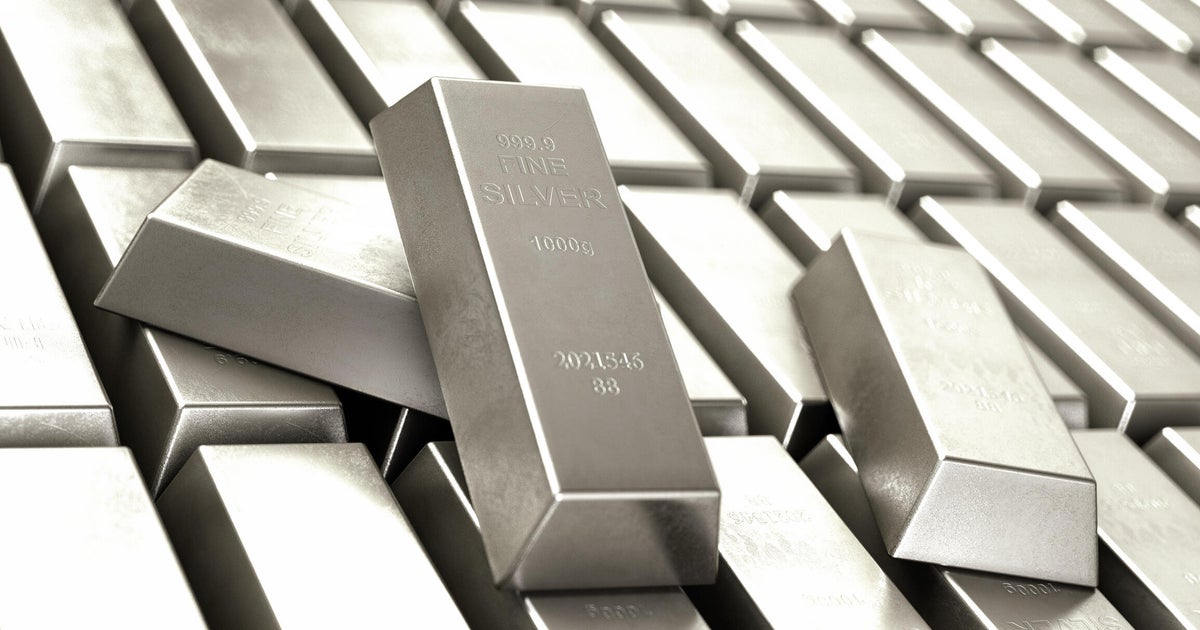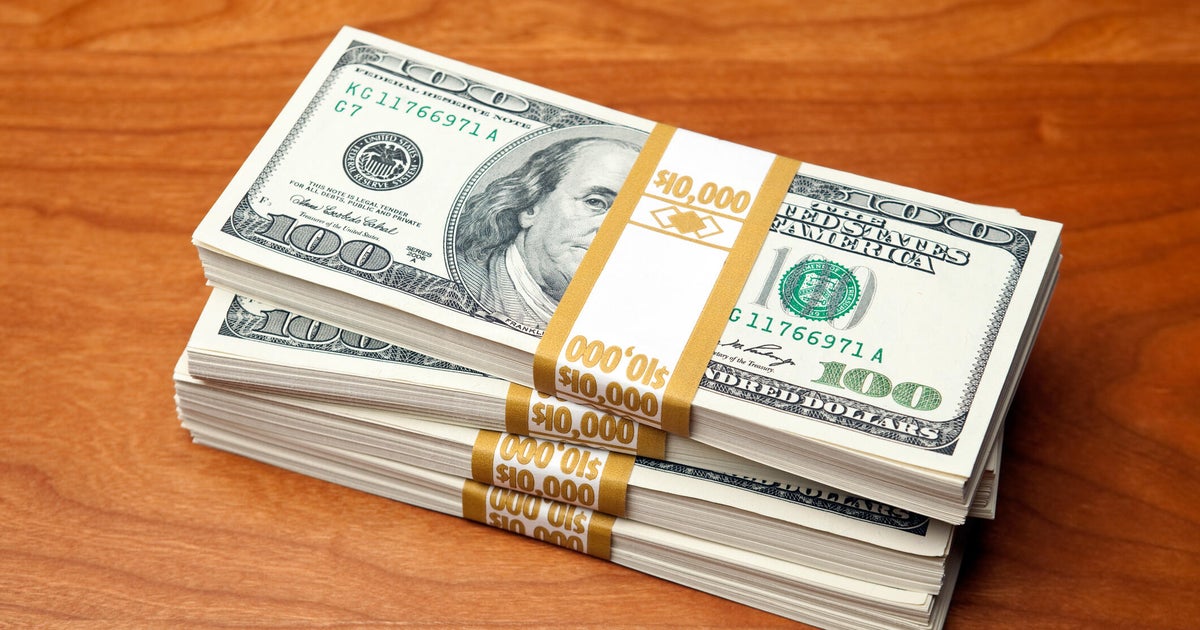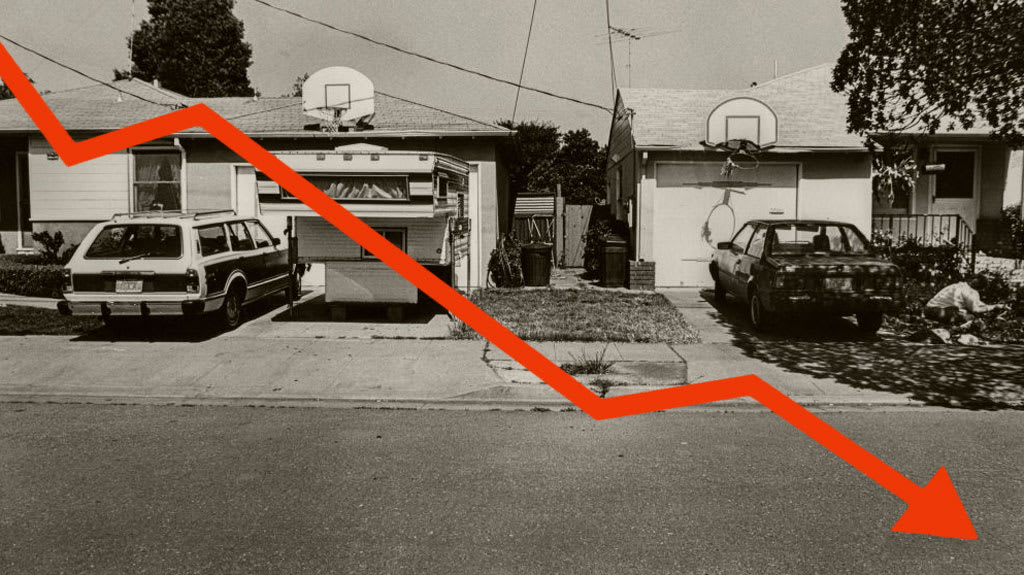3 things to know about CDs
While inflation and the rising interest rates to combat it have generally been negative for most Americans, the news hasn't been all bad. Yes, rates have risen significantly for mortgage purchases and refinancing, for example. But they've also jumped exponentially for products like high-yield savings and certificates of deposit (CD) accounts. This makes now a particularly good time to pursue these options.
CDs, in particular, offer account holders a unique opportunity to both protect and grow their savings. But they don't operate as traditional savings accounts. To get the most value out of them, account holders should first understand a few important factors. We will break down three important things to know about CDs in this article.
If you think you could benefit from opening a CD, start exploring your options here to see how much more you could be earning.
3 things to know about CDs
Here are three important things to know about CDs.
Interest rates are higher
CD interest rates tend to be higher than those offered by traditional savings accounts. This is particularly true in our current rate climate. A savings account's interest rate hovers around 0.33% to 0.37% currently. But an interest rate for a CD is now around 3.5% to 4.5% or higher, depending on the lender. That means you'll earn exponentially more money by leaving your money in a CD versus keeping it in a regular savings account.
How much more could you be earning? Let's use $1,000, for example. After 12 months in a regular account, you'd have a total of $1,003.30. But with a CD, that $1,000 would grow to $1,035.00 at a rate of 3.5%. The higher the rate, the more you'll make. You're essentially leaving money on the table by keeping it in a regular account. By moving it into a CD, you can start earning more immediately.
So, check out your CD options here now and start earning more interest.
Your interest rate is locked
Unlike high-yield savings account rates, which are adjustable and react to the market (favorably or not), CD interest rates are locked in when you open the account. So the rate you secure when you open your CD will be the same rate your account matures with, regardless of what happened in the rate environment during your CD's term.
While this is generally favorable when rates are high, as they currently are, the timing of a CD opening is important. Ideally, you should open an account when rates are high and you can make as much interest as possible. But you also don't want to wait too long and lose the window of opportunity.
It helps to pay close attention to the market and the overall rate environment and proceed from there. If you're concerned rates may rise again in the short term but don't want to lose the benefit of opening an account now, you may want to divide your savings into two CDs - one at the current rate and one at a higher rate down the line.
You may pay a penalty for early withdrawal
One of the reasons banks and lending institutions offer higher interest rates for CDs is that the money is unavailable to the account holder until the CD matures. Account holders are essentially rewarded for keeping their money in one of these accounts with a higher interest rate.
That doesn't mean you won't be able to access your funds if you want to. However, if you withdraw them before the CD maturity date, expect to pay a substantial penalty. How much you'll pay depends on the lender and other factors, but it could be significant enough to wipe out all or most of the interest you earned in the previous weeks and months. So make sure you know what you're getting into before putting all (or most) of your money into a CD.
The bottom line
A certificate of deposit (CD) account is a smart way to both protect and grow your money. Interest rates are exponentially higher than what you can secured with a traditional savings account, and the rate is locked in for the duration of the CD's term - regardless of any unfavorable rate activity that takes place during it. That said, account holders should be careful about how much they deposit into one of these accounts as they will likely pay a significant penalty if they want to withdraw money before the CD has matured.
You can learn more about CDs - and how much more you could be earning - here now.




